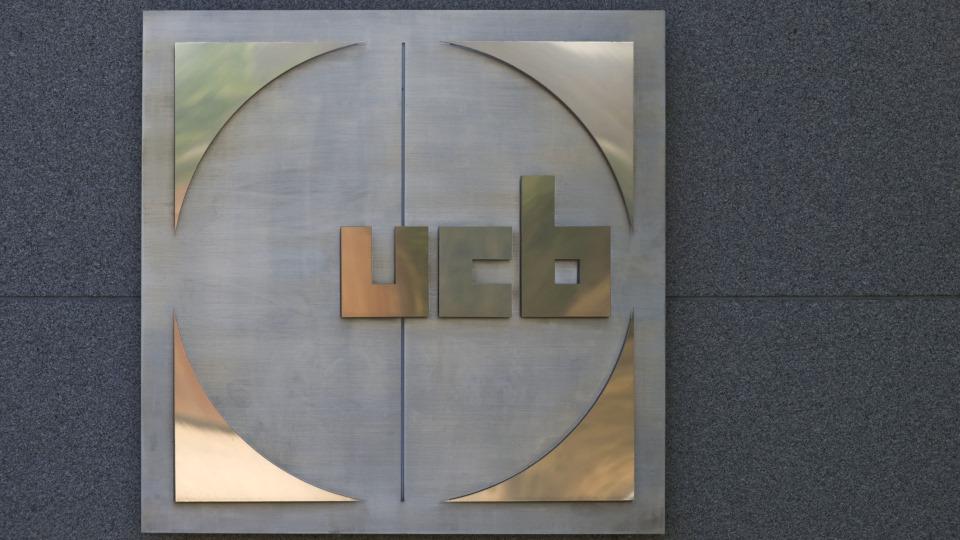PTC's muscular dystrophy drug can stay on EU market - regulators

PTC Therapeutics’ Duchenne muscular dystrophy drug Translarna can stay on the market in Europe, regulators have said following a reassessment.
Translarna (ataluren) was conditionally approved in Europe in 2014, meaning its marketing authorisation is reviewed every year until more comprehensive data is available.
The decision is hugely important for the company, as Translarna is not yet approved in the US. The FDA has controversially approved Sarepta Therapeutics’ Exondys 51 (eteplirsen) for DMD, even though its advisers said it was not effective.
The FDA wouldn't even accept the filing of Translarna in February this year, however, as the regulator said it failed to meet minimum standards of clinical data.
PTC hopes that Exondy 51's approval, and the EMA decision will help persuade the FDA to reconsiders its decision in the near future.
The New Jersey-headquartered company saw its share price almost double to around $11.25 on the NASDAQ stock exchange when the European decision was announced.
Europe’s CHMP scientific committee made its decision after it reviewed all available data for Translarna, including the results of a study performed by PTC as a requirement of the marketing authorisation.
Data shows Translarna slows the progression of the disease, without major safety concerns – but the CHMP said further data are required to fully confirm the benefits of the medicine outweigh its risks.
PTC must conduct a further 18-month randomised, placebo-controlled study in Duchenne muscular dystrophy, followed by an 18 month extension period where all patients will switch to Translarna.
Results are expected in the first quarter of 2021.
Translarna is used to treat patients aged five years and older with Duchenne muscular dystrophy, a serious and rare condition for which no fully authorised treatments are available.
The medicine is intended for use in patients who are able to walk and whose disease is caused by a specific genetic defect - called a ‘nonsense mutation’ - in the gene for the muscle protein dystrophin.
The assessment report on the renewal of the conditional marketing authorisation for Translarna will be published after the European Commission issues its decision on the renewal.
PTC’s chief executive officer, Stuart Peltz, said in a statement: "We are pleased with this outcome which took into account all available data for Translarna."
"This decision reflects the benefit that Translarna is having for patients suffering from nonsense mutation Duchenne muscular dystrophy."
Translarna is a protein restoration therapy designed to enable the formation of a functioning protein in patients with genetic disorders caused by a nonsense mutation.












